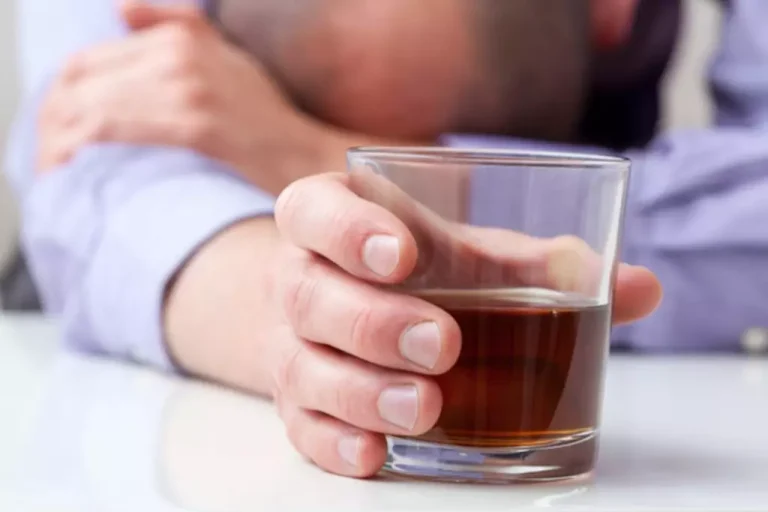
Check glucose throughout consumption to understand whether more fast-acting carbohydrates or more insulin may be needed to balance the equation. It may be wise to set an alarm on a phone to wake up and check glucose for several hours after going to bed. If you’re carb counting, drinking can make it a lot more tricky. While a lot of alcoholic drinks contain carbs, you might not need to take your usual mealtime amount of insulin to cover them. For people with diabetes, drinking alcohol can cause low or high blood sugar, affect diabetes medicines, and cause other possible problems.
Mitigating the Risks of Drinking Alcohol for People With Diabetes
A couple of recent research studies have shown that adults with diabetes might see a slight improvement in their insulin sensitivity with moderate alcohol consumption. This means the body may make more efficient use of the insulin the pancreas continues to make. And always have breakfast – it will help you manage your blood sugar.
Diabetes and Alcohol Precautions
- Read more here about the difference between type 1 and type 2 diabetes.
- Alcohol can have an impact on blood sugar, and you should be aware of its effects.
- Avoid drinking traditional cocktails, dessert wines, and cream liqueurs, because they’re generally high in sugar.
- Diabetes is a chronic condition that affects how your body turns food into energy, according to the U.S.
The number of carbohydrates needed to prevent highs and lows depends on your blood sugar level when you start drinking, your meal plan, and your medication. Regarding alcohol and diabetes, blood-sugar-reducing medications, such as insulin, increase the risk of low blood sugar, and alcohol increases the risk. Symptoms of low blood sugar include shakiness and confusion and must be treated immediately. Type 2 diabetes and alcohol is not always a beneficial combination. If you drink, do it occasionally and only when your diabetes and blood sugar level are well-controlled. If you are following a calorie-controlled meal plan, one drink of alcohol should be counted as two fat exchanges.
Blood sugar levels
Self assessment quizzes are available for topics covered in this website. To find out how much you have learned about Diabetes & Alcohol, take our self assessment quiz when you have completed this section. If your score is less than 70%, you can return to this section and review the information.

In addition, chronic, heavy drinking may increase insulin resistance, and is considered a risk factor for type 2 diabetes. Research shows that a moderate alcohol intake (one to two drinks per day) can improve blood sugars and insulin sensitivity and may even lower the risk for type 2 diabetes. Some people also find that drinking alcohol can help to lower their A1c levels. However, drinking more than three drinks per day over time has been shown to make glucose control a challenge. Most people with diabetes can enjoy an occasional alcoholic drink.
Diabetes and Alcohol: What You Need to Know
- Avoid drinking them on an empty stomach or mixing them with sugary drinks.
- ALWAYS consume alcohol with a meal or snack that contains carbohydrates.
- For people with diabetes, heavy drinking may lead to serious side effects and health issues.
- However, it does not mean people with type 2 diabetes cannot drink alcohol.
- At this point, alcohol can affect blood sugar in ways that are especially important for people with type 2 diabetes.
- All alcohol contains about 7 calories per gram, which is more than carbohydrates (4 calories per gram) and only slightly less than fat (9 calories per gram).
After consuming alcohol, always check your blood glucose level to make sure it is in the safe zone. That’s why it’s best to talk with your healthcare provider about drinking alcohol when you have diabetes and how (or whether) you can do it safely. If you are managing your diabetes with diet and exercise alone, drinking alcohol can stil increase your risk of low blood sugars. And if you take insulin or types of diabetes pills that stimulate insulin production, drinking alcohol can lead to even more serious low blood sugar reactions.
Diabetes and Alcohol: Tips for Drinking

For people with diabetes, heavy drinking may lead to serious side effects and health issues. Talk with a healthcare professional about ways to safely consume alcohol. Signs and symptoms of hypoglycemia can be similar to the effects of excess alcohol consumption. People who don’t know you, such as law enforcement personnel, might attribute these signs and symptoms to intoxication and not realize you have diabetes. Wear a diabetes ID to help people quickly identify that your blood sugar is low and provide you with the proper care. Avoid high-calorie and high-carbohydrate mixed drinks, such as margaritas and daiquiris.
Does drinking alcohol lead to other health issues?
Alcohol is absorbed directly into the bloodstream from the stomach or the small intestine, carried through the body, and delivered to the liver. While there are some diabetes-friendly cocktails, such as the ones mentioned above, traditional cocktails are generally very high in added sugars. Therefore, try to avoid them unless you’re making them yourself. In contrast, standard options, such as Coors Banquet, provide almost 12 grams of carbs per bottle (10).
Can people with diabetes drink alcohol?
- If you can’t face food or you’ve been sick, drink as many fluids as you can, including some sugary (non-diet) drinks if your blood sugar levels are low.
- Check with your doctor to make sure alcohol doesn’t interfere with your medications or complicate any of your medical conditions.
- Drinking on an empty stomach can increase the risk of hypoglycemia.
- People who don’t know you, such as law enforcement personnel, might attribute these signs and symptoms to intoxication and not realize you have diabetes.
- Here are some facts on alcohol and the impact drinking has on the health and safety of a person with diabetes.
Overall, alcohol consumption leads to less predictable blood sugar levels, and this can be a risk. The main function of your liver is to store glycogen, which is the stored form of glucose, so that you will have a source of glucose when you haven’t eaten. When you drink alcohol, your liver has to work to remove it from your blood instead of working to regulate blood sugar, can diabetics get drunk or blood glucose. For this reason, you should never drink alcohol when your blood glucose is already low. On the other hand, traditional cocktails, dessert wines, and cream liqueurs tend to have higher sugar counts, which may spike your blood sugar levels. Enjoying a glass of wine, fruity margarita, or frosty pint of beer requires a little forethought if you have diabetes.
